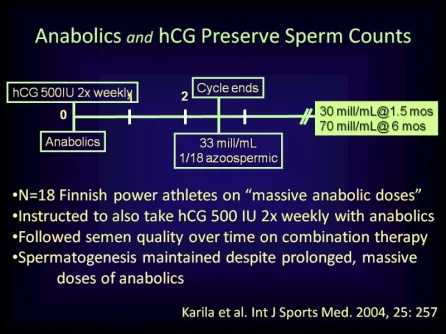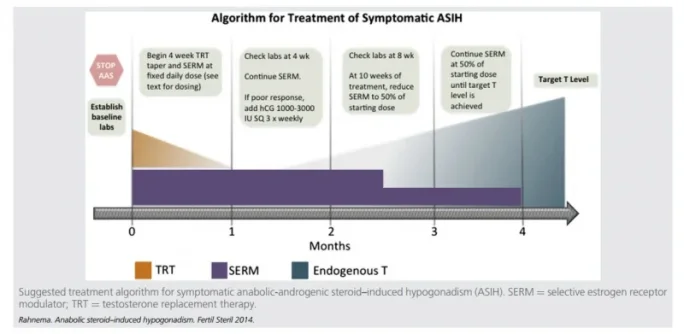I'm 40 years old, and like many other men considering TRT, I'm somewhat worried about making a permanent commitment and the possible long term effects. I realize that many men have been on for 20 plus years with no ill effects, and only positive things to say, but I'm considering testing it out for a limited number of months and then seeing how quickly my natural levels can be brought back to normal.
Has anyone tried this? I'm going to consult with a couple of physicians, and probably Defy Medical in the near future. I'm considering asking my doctor if 12 weeks on and then a period of recovery, perhaps only clomid/HCG, would be worth trying. I'd feel a lot more comfortable cycling on and off if I felt a significant benefit while on, and was able to recover my natural testosterone production as well without any permanent effect.
I know there is evidence of a slower recovery of natural test production after 12 weeks, but I'm not sure whether those studies were on supraphysiological dosages or not.
If a "cycle" makes sense, could it be stretched to 16 weeks?
Has anyone tried this? I'm going to consult with a couple of physicians, and probably Defy Medical in the near future. I'm considering asking my doctor if 12 weeks on and then a period of recovery, perhaps only clomid/HCG, would be worth trying. I'd feel a lot more comfortable cycling on and off if I felt a significant benefit while on, and was able to recover my natural testosterone production as well without any permanent effect.
I know there is evidence of a slower recovery of natural test production after 12 weeks, but I'm not sure whether those studies were on supraphysiological dosages or not.
If a "cycle" makes sense, could it be stretched to 16 weeks?














